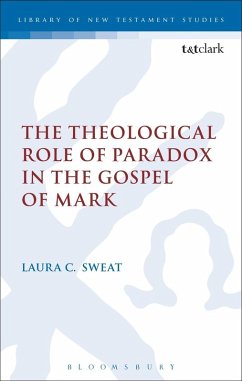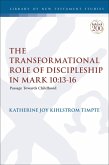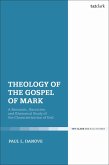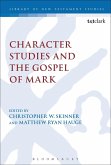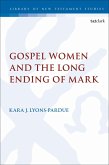Scholarship on the Gospel of Mark has long been convinced of the paradoxical description of two of its primary themes, christology and discipleship. This book argues that paradoxical language pervades the entire narrative, and that it serves a theological purpose in describing God's activity.
Part One focuses on divine action present in Mark 4:10-12. In the first paradox, Mark portrays God's revelatory acts as consistently accompanied by concealment. The second paradox is shown in the various ways in which divine action confirms, yet counters, scripture. Finally, Mark describes God's actions in ways that indicate both wastefulness and goodness; deeds that are further illuminated by the ongoing, yet defeated, presence of evil. Part Two demonstrates that this paradoxical language is widely attested across Mark's passion narrative, as he continues to depict God's activity with the use of the three paradoxes observed in Mark 4. Through paradoxical narrative, Mark emphasizes God's transcendence and presence, showing that even though Jesus has brought revelation, a complete understanding of God remains tantalizingly out of their grasp until the eschaton (4:22).
Part One focuses on divine action present in Mark 4:10-12. In the first paradox, Mark portrays God's revelatory acts as consistently accompanied by concealment. The second paradox is shown in the various ways in which divine action confirms, yet counters, scripture. Finally, Mark describes God's actions in ways that indicate both wastefulness and goodness; deeds that are further illuminated by the ongoing, yet defeated, presence of evil. Part Two demonstrates that this paradoxical language is widely attested across Mark's passion narrative, as he continues to depict God's activity with the use of the three paradoxes observed in Mark 4. Through paradoxical narrative, Mark emphasizes God's transcendence and presence, showing that even though Jesus has brought revelation, a complete understanding of God remains tantalizingly out of their grasp until the eschaton (4:22).

